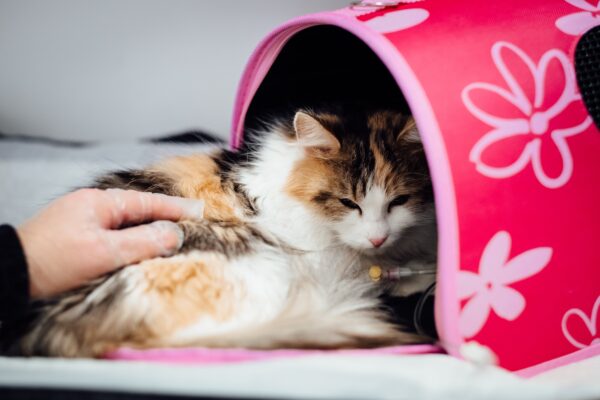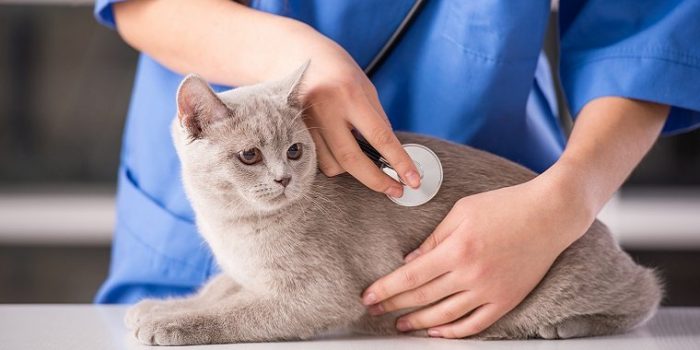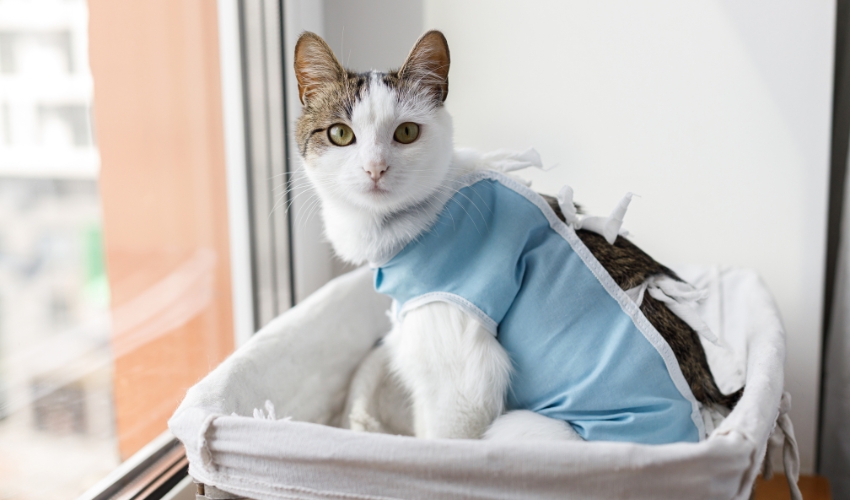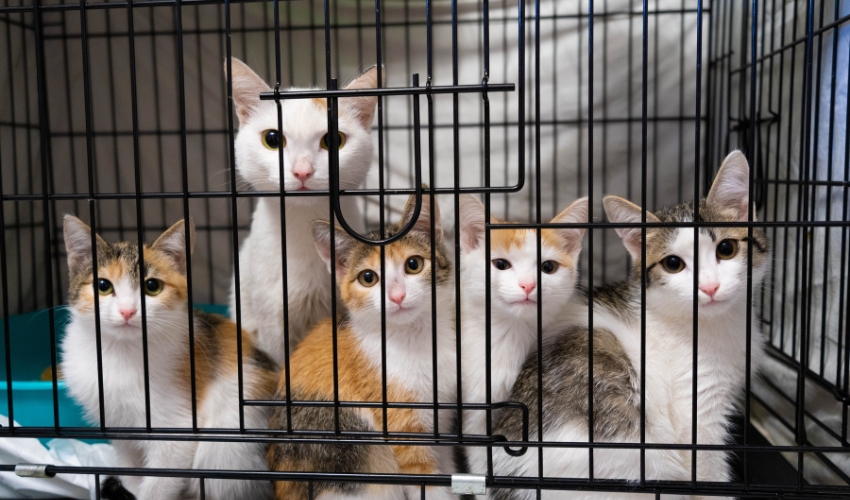Owning a cat is a deeply rewarding experience, filled with moments of joy, affection, and the comforting sound of purring. As a responsible cat parent, providing not only love and proper nutrition but also routine veterinary care is crucial to ensure your feline companion lives a healthy and happy life. In this comprehensive guide, we’ll delve into why regular vet check-ups are essential for your cat’s well-being and longevity.
Understanding the Lifespan of a Cat
Cats, with their enigmatic and sometimes elusive nature, have a lifespan influenced by various factors. On average, indoor cats live around 12 to 15 years, while outdoor cats may have a shorter lifespan due to environmental hazards and predation. However, with proper care and attention, some cats can defy the odds and reach their twenties.
The Silent Nature of Cat Health Issues
Cats are experts at hiding signs of illness, a survival trait developed in the wild to avoid appearing vulnerable to predators. While this behavior served them well in their natural habitat, it can pose challenges for cat owners. Cats may not display overt signs of distress until an illness has progressed significantly. Regular veterinary check-ups play a crucial role in uncovering potential health issues before they become advanced or challenging to manage.
The Benefits of Regular Vet Check-ups
1. Early Detection of Health Issues:
Cats are susceptible to various health conditions, including dental issues, kidney disease, diabetes, and hyperthyroidism. These conditions often present subtle signs in the early stages, making them challenging to notice. Regular vet check-ups enable veterinarians to detect and address these issues early, improving the chances of successful management and treatment.
2. Vaccinations and Preventative Care:
Vaccinations are a cornerstone of preventive care for cats. During regular check-ups, veterinarians administer vaccines to protect your cat against common and potentially life-threatening diseases. Preventative care, including parasite control and dental check-ups, is also addressed, ensuring your cat stays healthy and happy.
3. Dental Health Maintenance:
Dental problems are prevalent in cats and can lead to serious health issues if left untreated. Regular check-ups include thorough dental examinations and cleanings, preventing the development of dental diseases that could impact your cat’s overall health.
4. Weight Management:
Obesity is a growing concern among cats and can lead to various health problems, including diabetes and arthritis. Regular vet check-ups provide an opportunity to monitor your cat’s weight and receive guidance on nutrition and exercise to maintain a healthy weight.
5. Behavioral Assessment:
Changes in behavior can be indicative of underlying health issues or stress. Regular vet check-ups allow veterinarians to assess your cat’s behavior, addressing any concerns and providing guidance on behavioral enrichment to ensure your cat’s mental well-being.
6. Senior Cat Care:
As cats age, they become more susceptible to certain health conditions, including arthritis, dental problems, and kidney disease. Regular vet check-ups become even more crucial for senior cats, ensuring early detection and management of age-related issues to maintain their quality of life.
7. Nutritional Guidance:
Veterinarians can provide tailored nutritional advice based on your cat’s age, breed, and health status. A well-balanced diet is essential for your cat’s overall health and longevity. Regular check-ups offer an opportunity to discuss your cat’s dietary needs and make adjustments as necessary.
8. Diagnostic Testing:
In some cases, diagnostic tests such as blood work, urinalysis, and imaging may be recommended during check-ups. These tests help identify internal issues that may not be visible externally, contributing to a more comprehensive understanding of your cat’s health.
How Often Should You Schedule Vet Check-ups?

The frequency of vet check-ups depends on your cat’s age, health status, and any pre-existing conditions. Generally, it’s recommended to schedule annual check-ups for healthy adult cats. Senior cats or those with chronic health issues may require more frequent visits, possibly every six months. Your veterinarian will provide guidance on the optimal schedule based on your cat’s individual needs.
Overcoming Common Misconceptions
1. Cats Don’t Need Vet Check-ups as They Are Indoor Pets:
While indoor cats may face fewer environmental risks, they are still susceptible to various health issues. Regular check-ups ensure their overall well-being and address any hidden health concerns that may not be apparent in their day-to-day environment.
2. Cats Hide Illness, So There’s No Point in Check-ups:
Cats’ ability to mask signs of illness emphasizes the importance of regular check-ups. Even if your cat appears healthy, underlying issues may be present and can be addressed proactively through routine veterinary care.
3. Vet Visits Are Stressful for Cats:
Many veterinary clinics are now adopting cat-friendly practices to reduce stress during visits. Gradual desensitization to carriers, familiarizing your cat with the clinic environment, and using calming techniques can make vet visits less stressful for your feline friend.
Regular vet check-ups are not just a medical formality; they are a cornerstone of responsible cat ownership. They empower you as a caregiver to actively participate in your cat’s health and longevity.
By partnering with your veterinarian and staying proactive in preventive care, you provide your feline friend with the best chance at a healthy, happy life.
Remember, each cat is unique, and their health needs may vary. Consult with your veterinarian to establish a tailored check-up schedule based on your cat’s individual requirements. With regular vet check-ups, you’re not just ensuring a longer life for your feline companion; you’re enhancing the quality of that life through proactive and attentive care.












